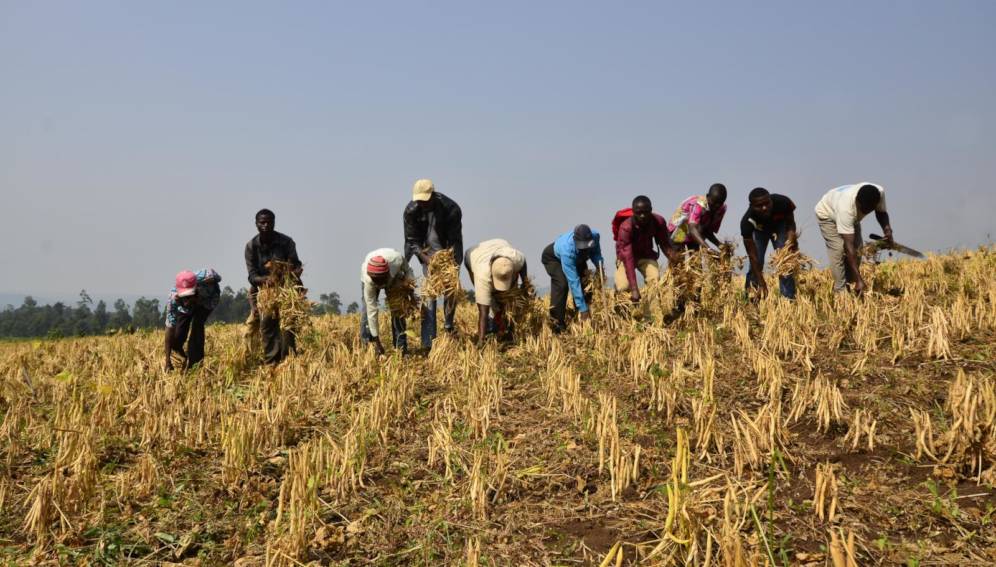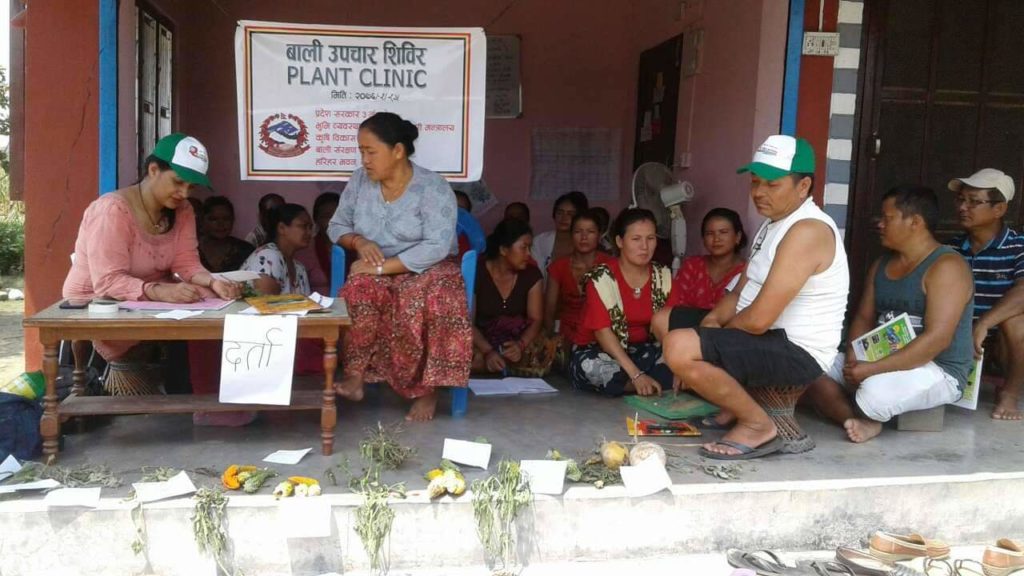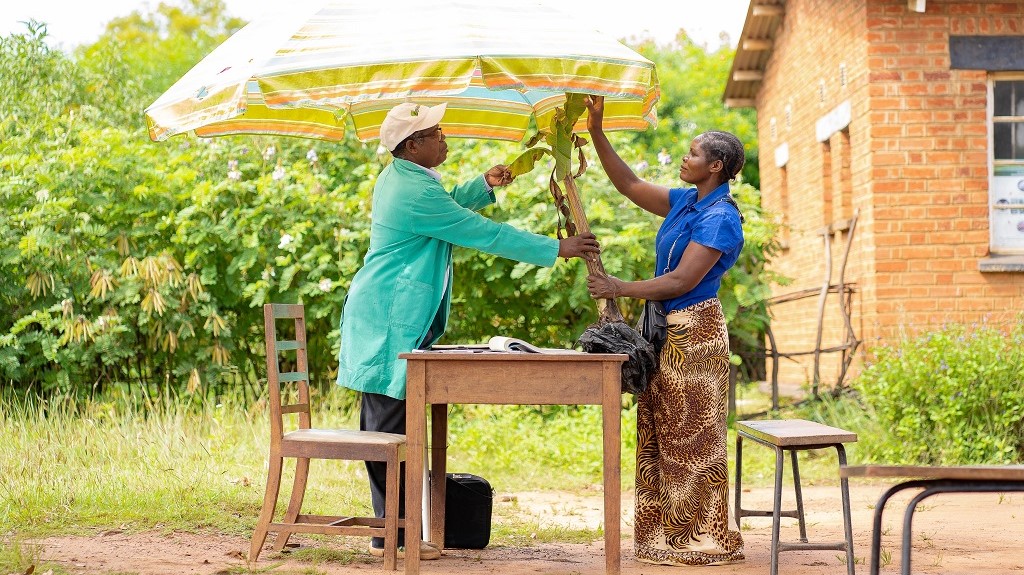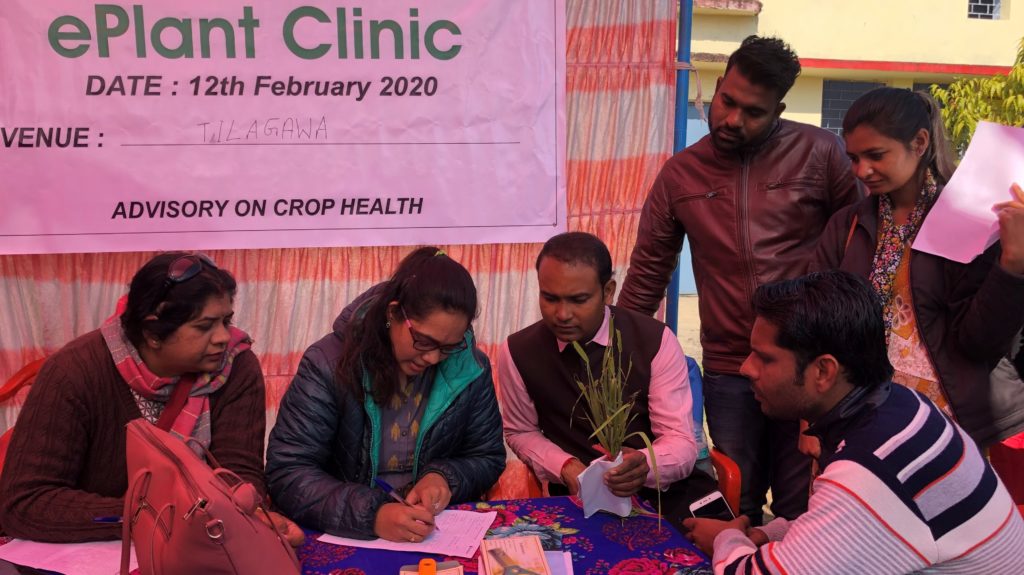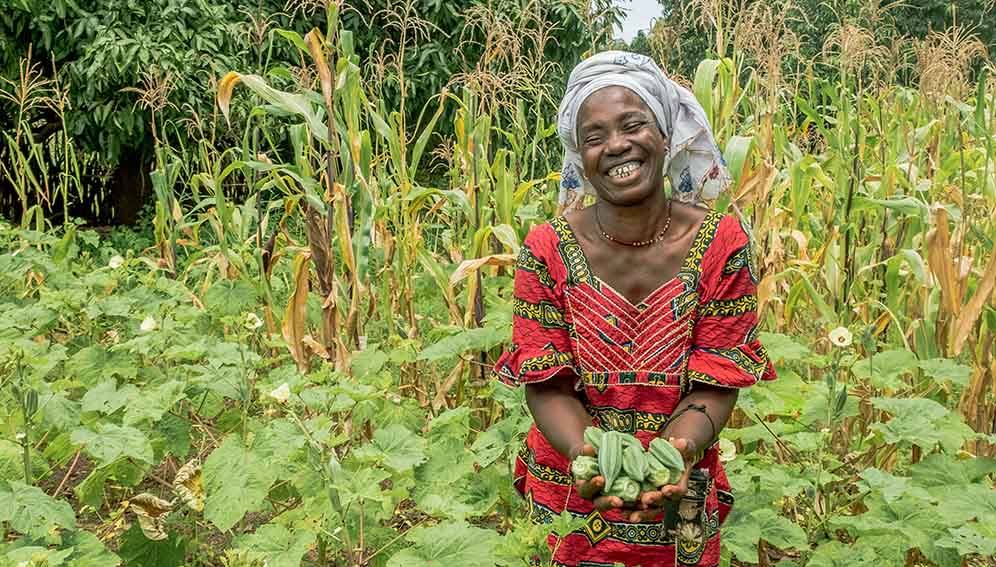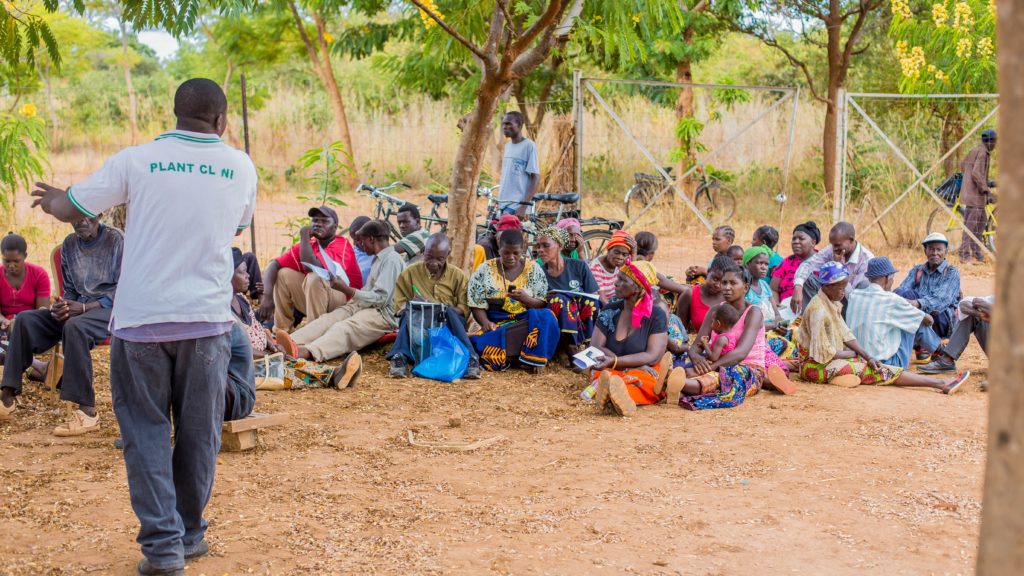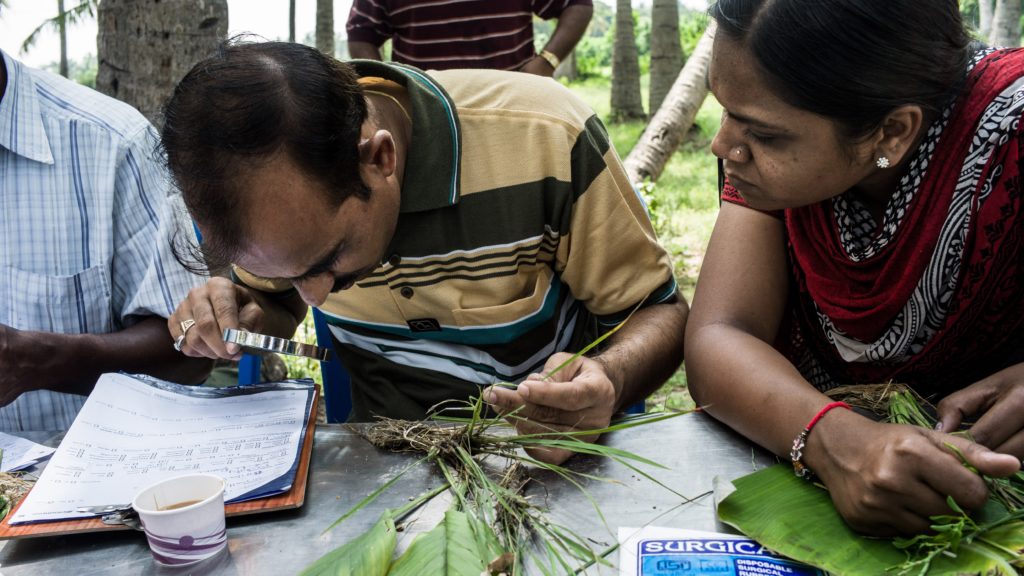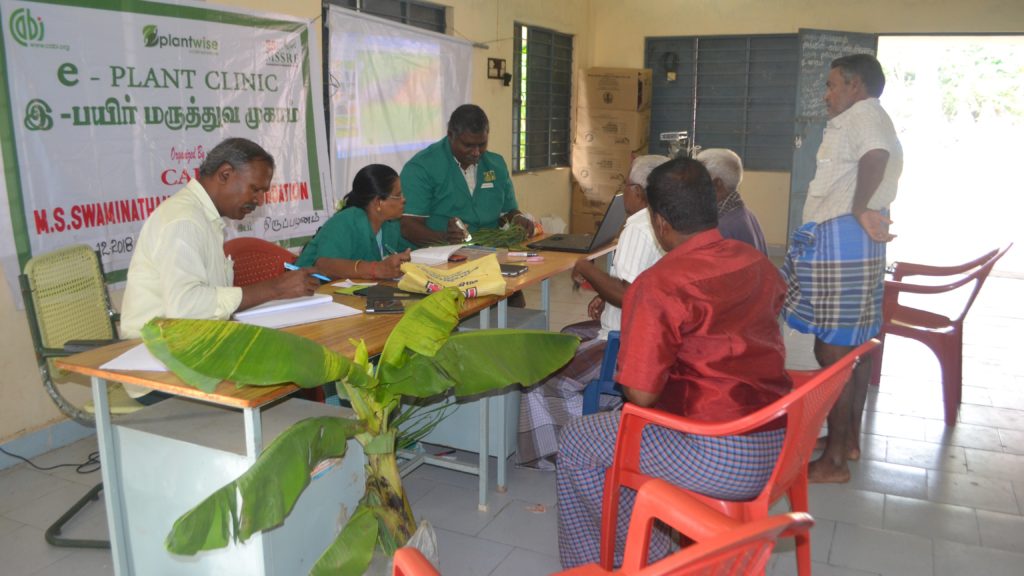“Plant clinics help me continue to support my family through farming.” Meet Joyce, a farmer from Malawi
Mayi Joyce Vito is a middle-aged woman with a one-acre farm in Nanjiri, Lilongwe, Malawi. She grows groundnuts, maize and occasionally, cassava. She also has a piece of dambo land where she grows vegetables and has a number of banana trees. Nanjiri is one of the areas in Lilongwe which is regarded as a ‘food…
Developing ‘last mile’ extension services with Plantwise in Nepal
In Nepal, the Community Business Facilitator (CBF) plant doctor programme is a successful pilot. Linking with the private sector, it reaches those in remote rural areas – or ‘last mile’ communities – with plant protection services, substantially increasing incomes and reducing losses for smallholder farmers. The CBF plant doctors conduct clinics at their own cost…
New plant doctors in India “monitor the field through a farmer’s eyes”
Launching of Plantwise training in the state of Madhya Pradesh, India. With the support of the State Government of Madhya Pradesh, under an RKVY scheme, a 6-day training programme on Plantwise modules was conducted at the Borlaug Institute for South Asia (BISA), Jabalpur, in technical collaboration with CABI.
More than advice: farmers say paid-for extension must provide a “bundle of services”
Agricultural advisory services are a critical factor to promoting agricultural development, and investments in extension services are potentially important tools for improving agricultural productivity and increasing farmers’ incomes, two desirable outcomes of food security and poverty reduction articulated in MDGs and SDGs.
In Thiruvaiyaru, plant clinics are “a source of inspiration to do agriculture with clarity, confidence and interest.”
Since 2012, farmers in Thiruvaiyaru block, Thanjavur district in the state of Tamil Nadu, India, have had been using Plantwise plant clinics to help solve problems with pests and diseases. The programme there is run by the M. S. Swaminathan Research Foundation (MSSRF) in collaboration with Plantwise. Agriculture is the primary livelihood of 70% of…
- « Previous
- 1
- 2
- 3
- 4
- Next »

